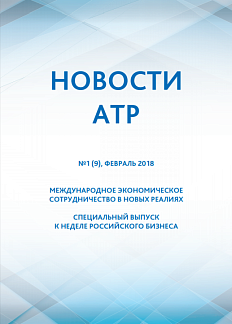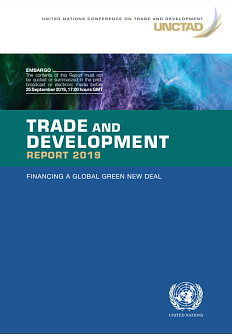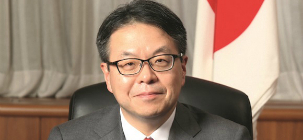The increasingly important role of the Asia-Pacific Region is an undisputed fact. In light of that, how will relations between the East and West pan out? A key discussion on this topic took place during SPIEF 2015 in a session entitled ‘The making of the Asia-pacific century: rebalancing the East’. The session brought together West and East, albeit symbolically, in the form of panellists Kevin Michael Rudd — President of Asia Society Policy Institute (ASPI) and former Prime Minister of Australia (2007 —2010; 2013) — and Ronnie Chan Chi-chung, Chairman of Hang Lung Properties. The discussion was moderated by the Managing Editor of Thomson Reuters and Pulitzer-prize winner Paul Ingrassia.
On the role of the Asia-Pacific Region
Paul Ingrassia: The whole world, including the USA, is starting to look to Asia, which is causing lots of problems to arise in terms of US Congress and the Chinese economy over the last 10 years. Businessmen are looking to politicians to act in one way or another.
Kevin Michael Rudd: The centre of gravity is shifting towards the Asia-Pacific Region. From an economic point of view, over 60% of global GDP comes from APEC countries. Asian countries are currently spending more on their military capacity than their European counterparts.
Ronnie Chan Chi-chung: The future of the global economy lies in the Pacific Region.
On the reasons for instability
Paul Ingrassia: We have encountered time after time various political debates between Russia and the West over the past few decades. China is becoming more self-reliant and is trying to carve out a place for itself in the political arena. The USA is hogging the covers. The situation as a whole is not stable.
Kevin Michael Rudd: The easiest thing in international politics is understanding differences of opinion and working together to find common ground there. <...> If we look at the history of all human conflicts, including present day ones, we can’t explain a whole lot without taking the humiliation factor into account. If people feel belittled, a certain psychological or sociological disposition appears with a country, and that in turn leads to political problems on an international level. Humiliation is part of the phenomenon [of instability].
On relations between the US and China
Ronnie Chan Chi-chung: China is a very predictable country for America and plays a passive role. We aren’t a concern for them, but America is a concern for us. What will America be doing in 10–20 years? The USA is an unpredictable country for China, and we don’t know what that will lead to. It’s a complex process. <...> We aren’t seeing a competent policy from the US towards Asian countries. <...> Of course, the US and China should be friends but over the last 20 years I’ve seen the opposite. <...> We don’t want to be the number one country, but we do need to facilitate better cooperation.
Kevin Michael Rudd: I’m constantly surprised by the reluctance to consider what’s happening in APEC countries, compared with the attention paid to what’s happening in Western Europe. <...> A potential military conflict between the US and China will be the result of a rash decisions and the immaturity of the political elite.
On the role of Russia
Ronnie Chan Chi-chung: Russia is the only country aside from the US which can exert influence on two key geographical areas: the West and the East.
The full recording is available to watch here:
https://forumspb.com/en/archive/2015/programme/52695/





